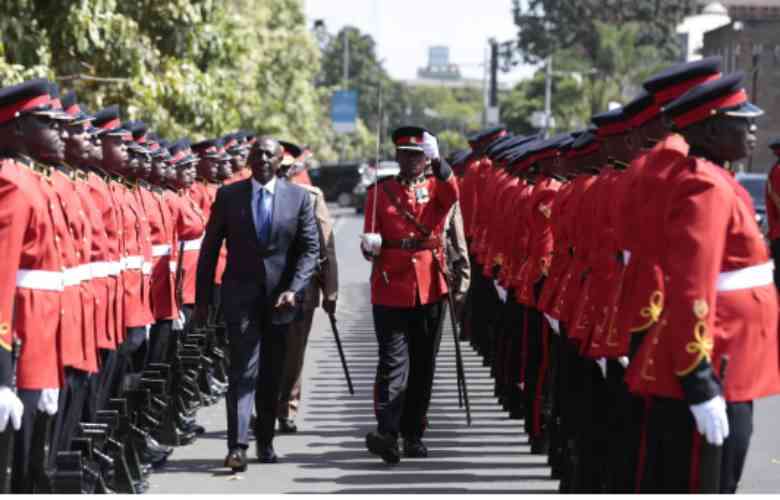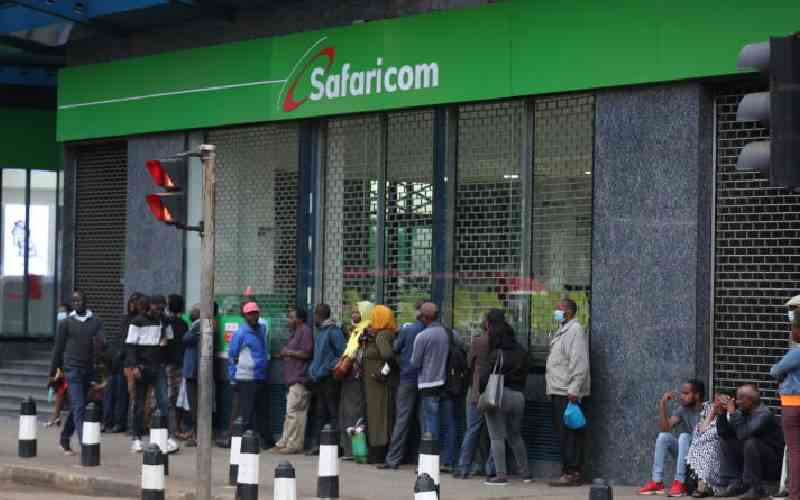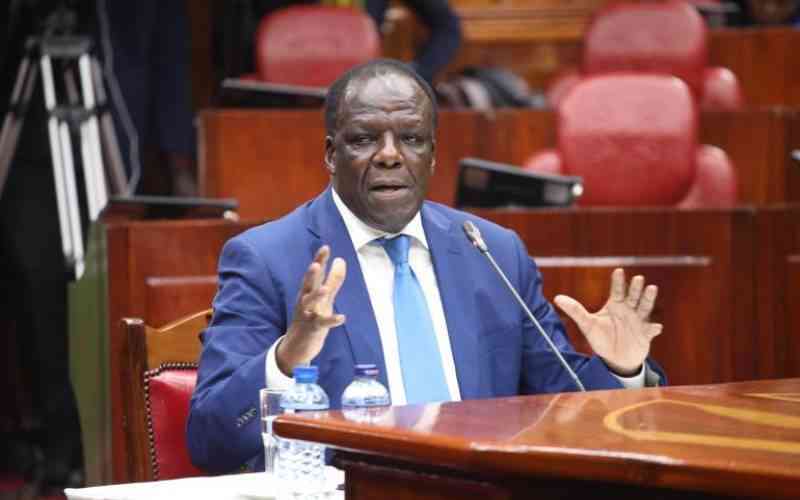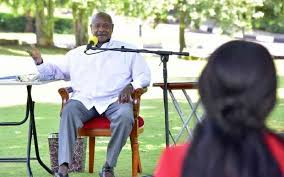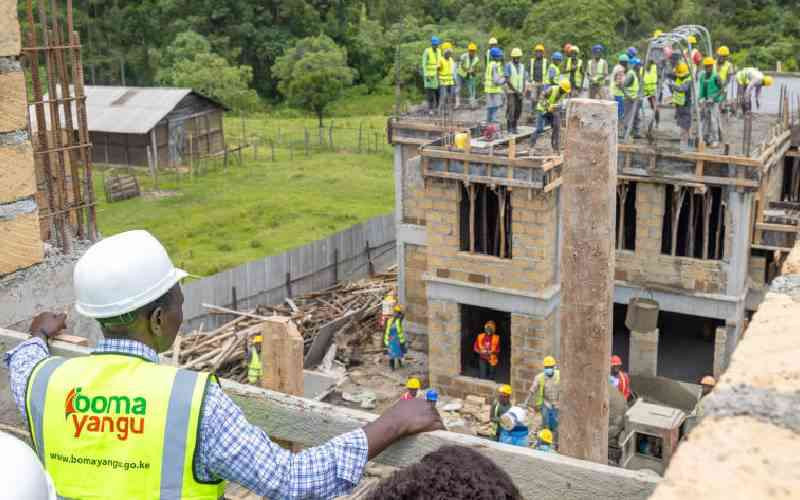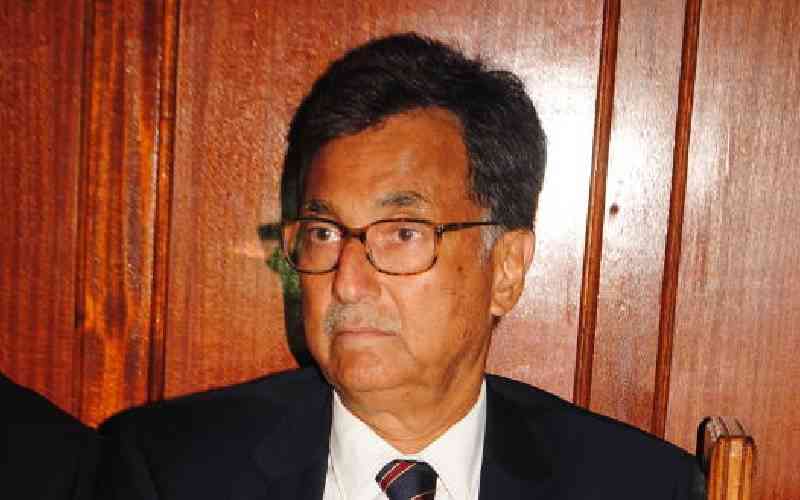President William Ruto has announced extensnive infrastructure programmes nationwide with road expansion initiative that will dual 2,500 kilometres of highway and tarmac an
additional 28,000 kilometres over the next decade.
Speaking during the State of the Nation Address, Ruto said the mega-plan is designed to overhaul the transport system, ease mobility, decongest major routes and strengthen
Kenya’s regional competitiveness.
“This initiative is part of our broader effort to scale up Kenya’s transport and logistics capacity and support economic growth,” the President told Parliament.
At the centre of the rollout is the expansion of strategic highways that carry the bulk of the country’s cargo and passenger traffic. Ruto revealed that work is already underway, with
ground-breaking activities set for some of the busiest routes.
“Next week, I will launch the dualing of the 170-kilometre Rironi–Naivasha–Nakuru–Mau Summit Road. On the same day, I will break ground for the dualing of the 57-kilometre
Rironi–Mai Mahiu–Naivasha Road,” he announced.
He noted that the persistent gridlocks that frequently paralyse movement along this corridor especially during weekends and holidays will soon be a thing of the past. The Nairobi
–Nakuru highway forms the backbone of the Northern Corridor, linking the Port of Mombasa to western Kenya and landlocked neighbours such as Uganda, Rwanda and South Sudan.
Other key roads earmarked for dualing include the Muthaiga–Kiambu–Ndumberi Road, Machakos Junction–Mariakani Road, Mau Summit–Kericho–Kisumu Road, Kisumu–Busia
Road, Mau Summit–Eldoret–Malaba Road, Athi River–Namanga Road, Karatina–Nanyuki–Isiolo Road, Makutano–Embu–Meru–Maaua Road, Mtwapa–Malindi–Mombasa–Lunga
Lunga Road, Kericho–Kisii–Isebania Road, Nakuru–Nyahururu–Karatina Road, and Kisii–Oyugis–Ahero Road.
The President also disclosed plans to extend the Standard Gauge Railway (SGR) from Naivasha to Kisumu and later to Malaba, with construction expected to begin in January
Stay informed. Subscribe to our newsletter
2026. The move is expected to boost regional logistics and expand Kenya’s trade network deeper into East and Central Africa.
Alongside the road expansion, the government will rely heavily on Public–Private Partnerships (PPPs) to accelerate upgrades in aviation infrastructure. This includes modernising
Jomo Kenyatta International Airport (JKIA), Mombasa Airport and Lamu Airport—an effort Ruto says will also support the recovery of Kenya Airways.
Among the road projects announced, the Rironi–Naivasha–Nakuru–Mau Summit expansion remains the centrepiece of the national infrastructure strategy. The project will transform
the corridor into a modern dual-carriageway equipped with expanded lanes, improved interchanges, upgraded junctions and new safety features such as pedestrian crossings and service lanes.
Once completed, the upgraded highway is expected to drastically reduce travel time between Nairobi and Nakuru, cut transportation costs for passengers and freight, and unlock
economic opportunities in Naivasha, Nakuru and surrounding counties. The improvements are also projected to stimulate tourism, manufacturing and agricultural trade along the
fast-growing corridor.
Ruto said the scale and scope of the plan reflect his administration’s commitment to raising Kenya’s infrastructure standards to meet future economic demands.
“This work is already in progress,” he affirmed, emphasizing that the government is determined to ensure efficient mobility and support the country’s long-term growth trajectory.

